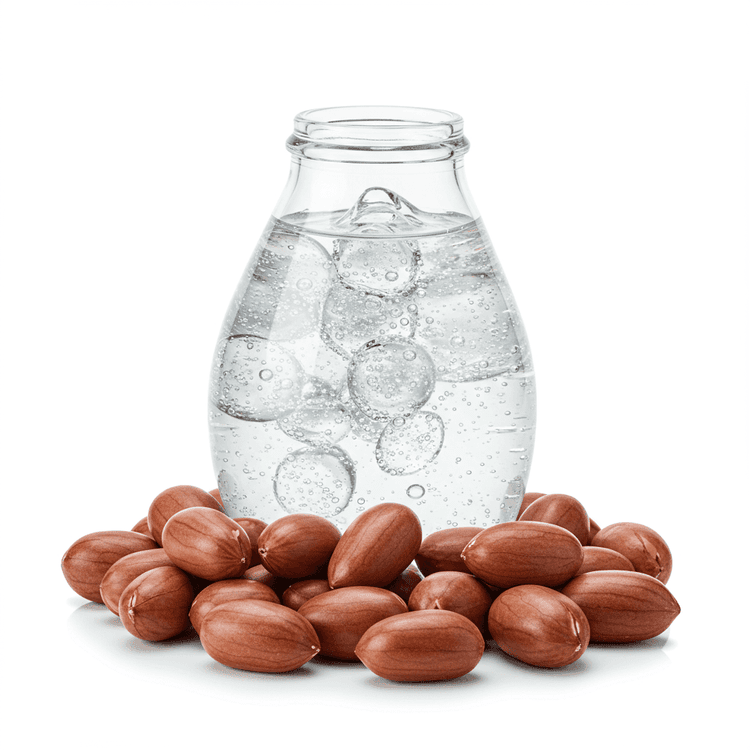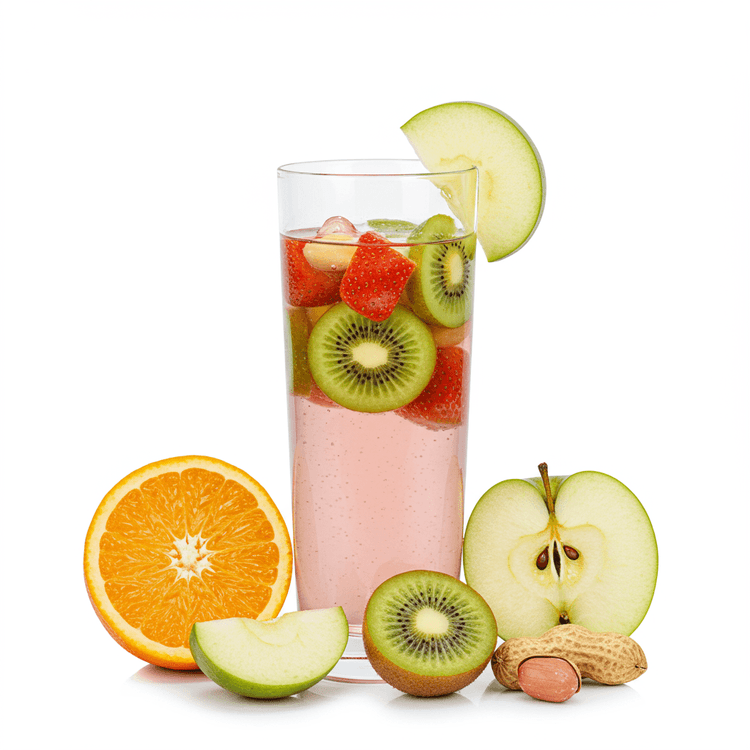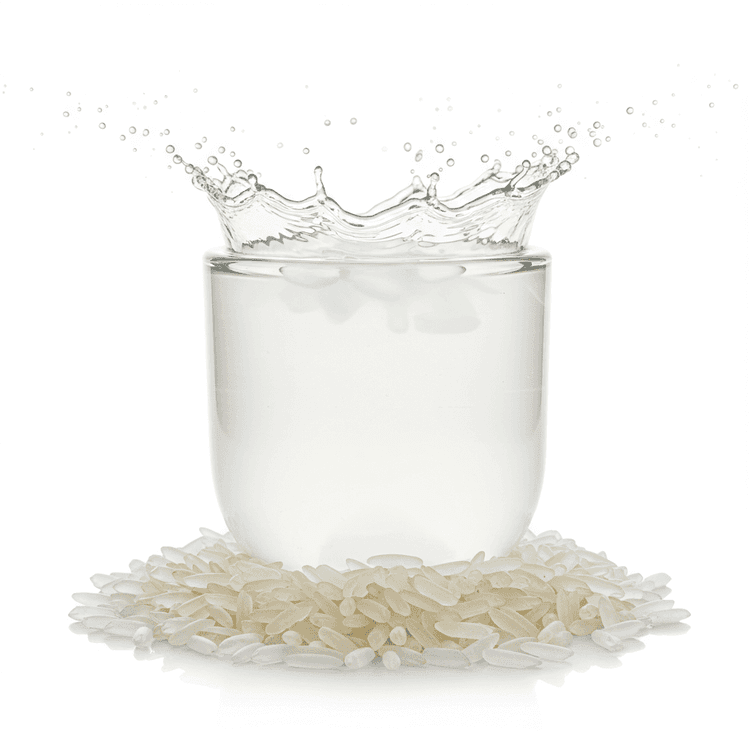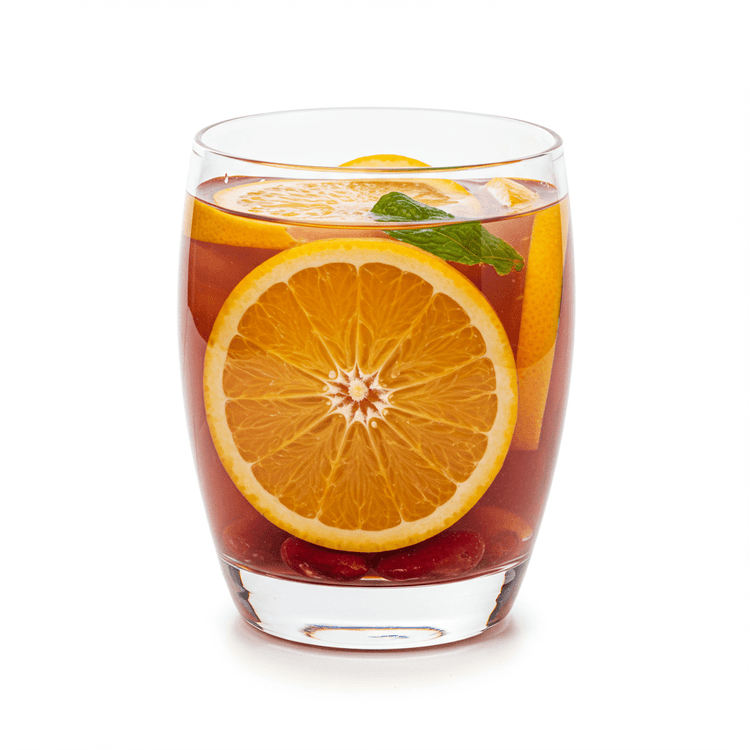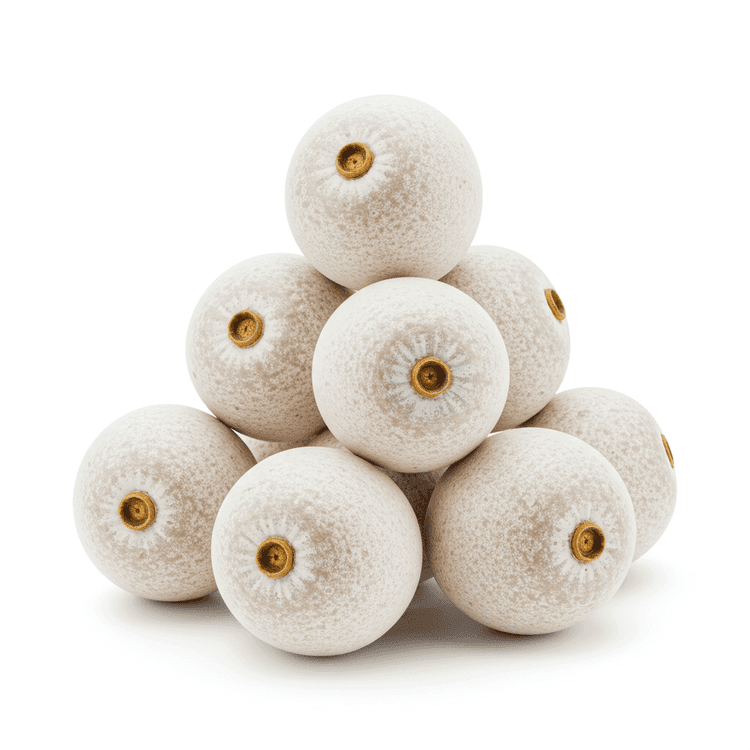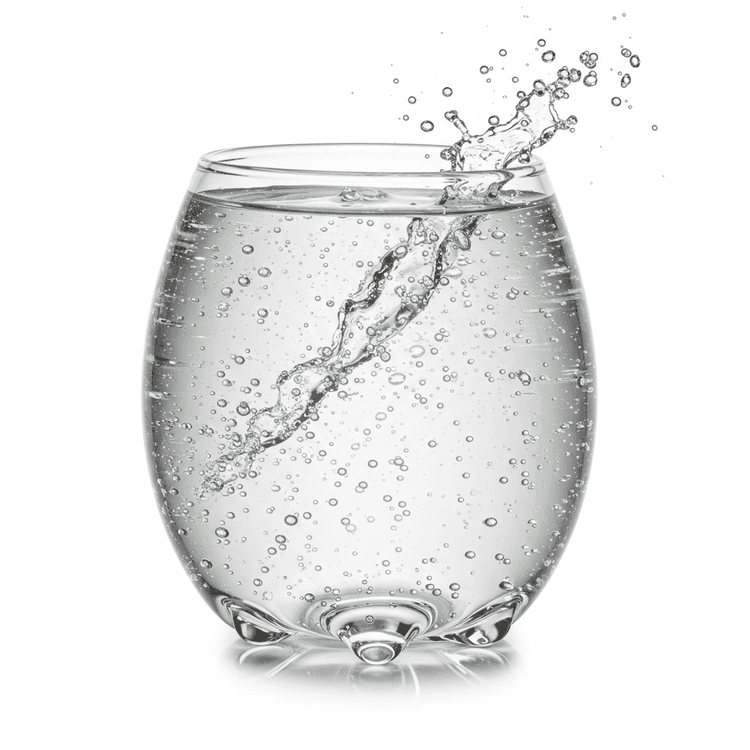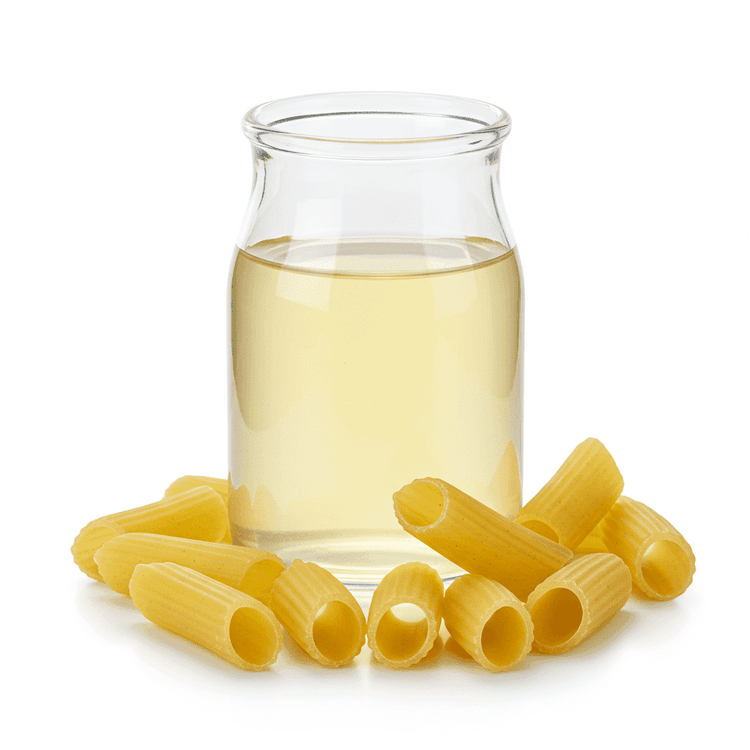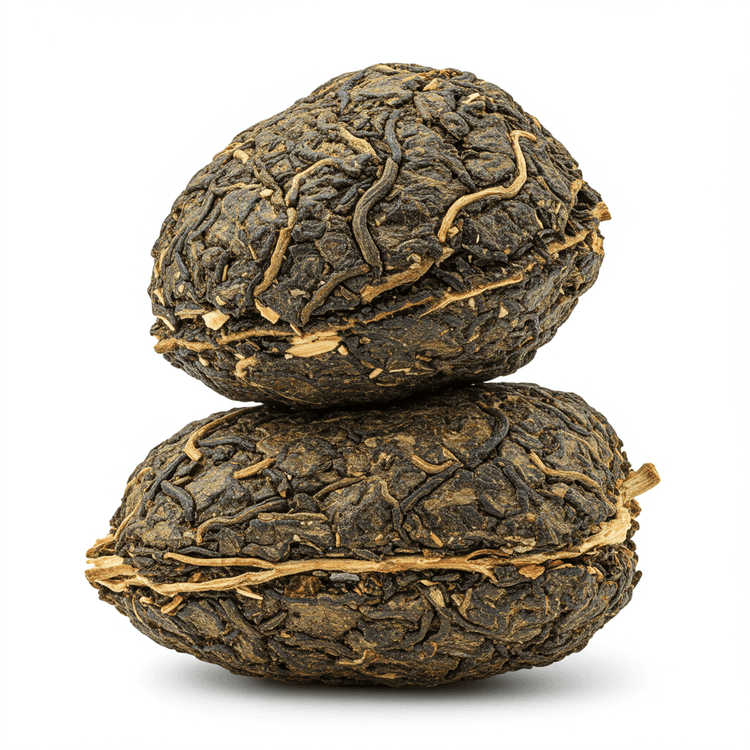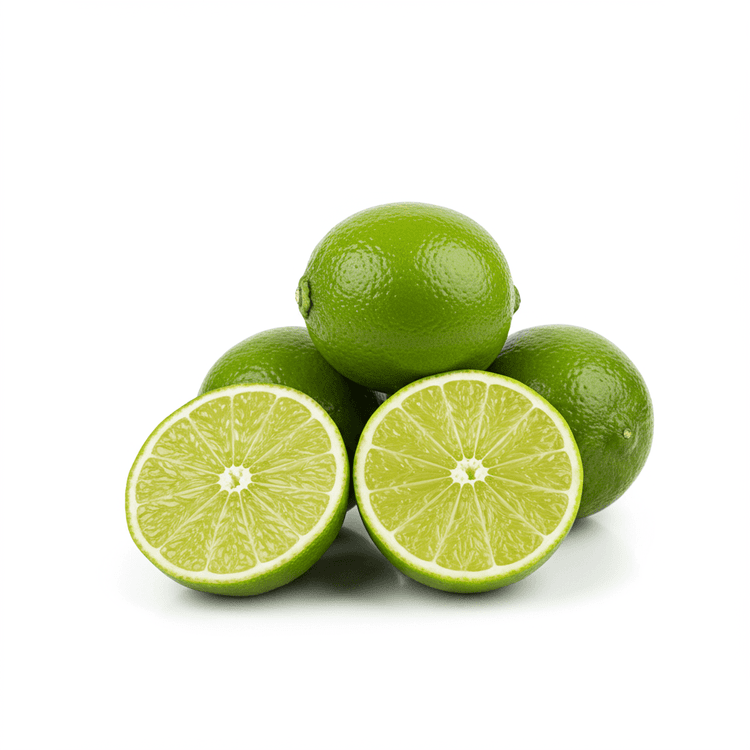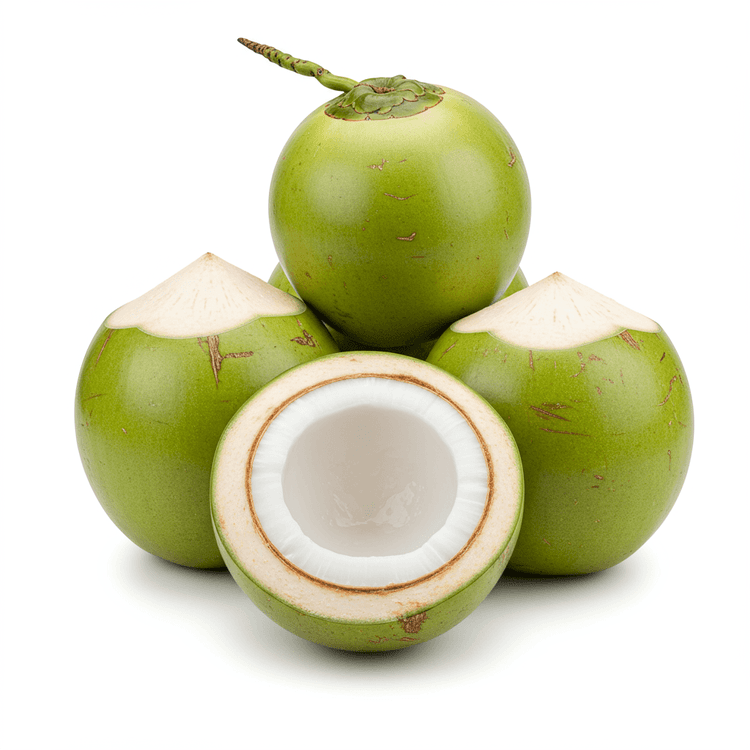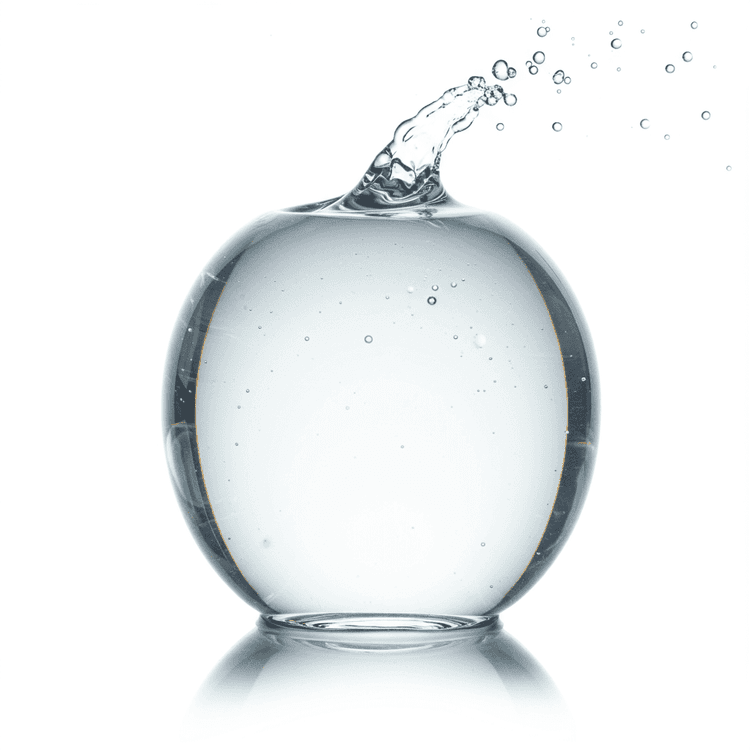
Plain Water
Plain water, also known as drinking water, is a clear, odorless, and tasteless liquid essential for life and countless culinary applications. It serves as the foundation for many beverages and recipes. Its purity and neutrality make it the perfect solvent, allowing flavors to meld and ingredients to hydrate. Discover the many uses of fresh, clean water in your daily cooking.
Common Uses
- Used as a base for soups and stews: Water provides the liquid foundation upon which other ingredients build flavor during long simmering, creating a broth or stock.
- For boiling pasta and vegetables: Submerging pasta or vegetables in boiling water cooks them evenly, tenderizing them to the desired texture.
- In baking to hydrate dry ingredients: Water activates gluten in flour, contributing to dough formation and the structure of baked goods. It also dissolves sugar and leavening agents.
- To create sauces and gravies: Water can be used to adjust the consistency of sauces, deglaze pans to extract flavorful bits, and help thicken gravies.
- As a crucial component of beverages: Water is the primary ingredient in many drinks, like tea, coffee, juice and lemonade and is used to dilute concentrated flavors.
- Steaming foods: Water, when heated, creates steam, which gently cooks foods like vegetables and dumplings, preserving their nutrients and delicate texture.
Health Benefits
- Supports hydration, vital for bodily functions
- Aids in nutrient absorption and transportation
- Helps regulate body temperature
- Assists in waste removal and detoxification
- May improve energy levels and cognitive function
- Contributes to healthy skin
Substitutes
Chefadora AI is here.
Experience smarter, stress-free cooking.
Storage Tips
Plain water is best stored in a clean, airtight container in a cool, dark place to prevent the growth of bacteria and absorption of odors. While purified water can be stored at room temperature, refrigerating it often enhances its taste and prevents it from becoming stagnant. Tap water should ideally be stored in the refrigerator to minimize chlorine evaporation and potential contamination. Avoid storing water in direct sunlight or near strong-smelling substances.
